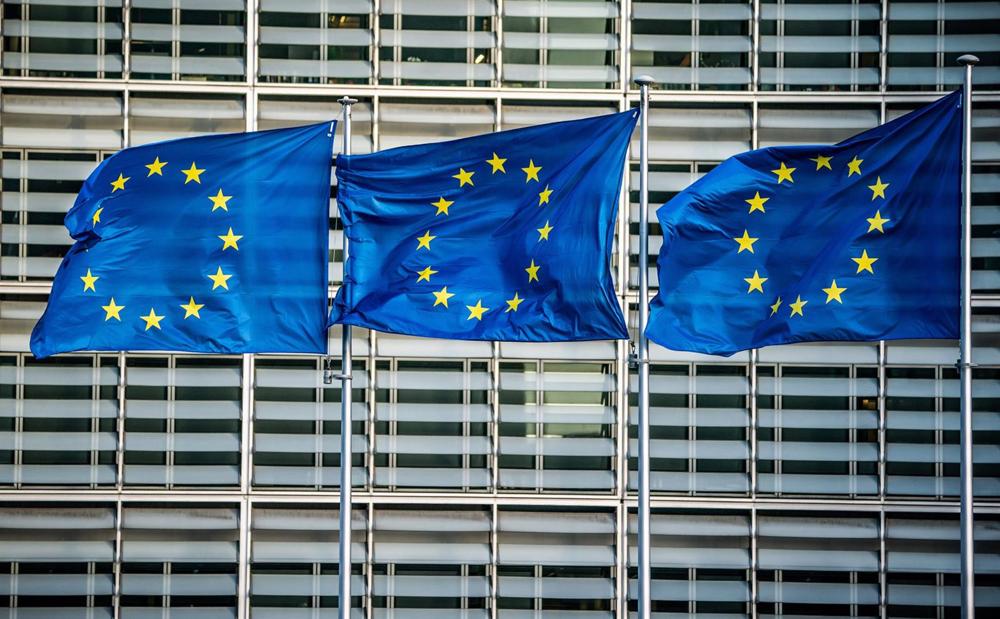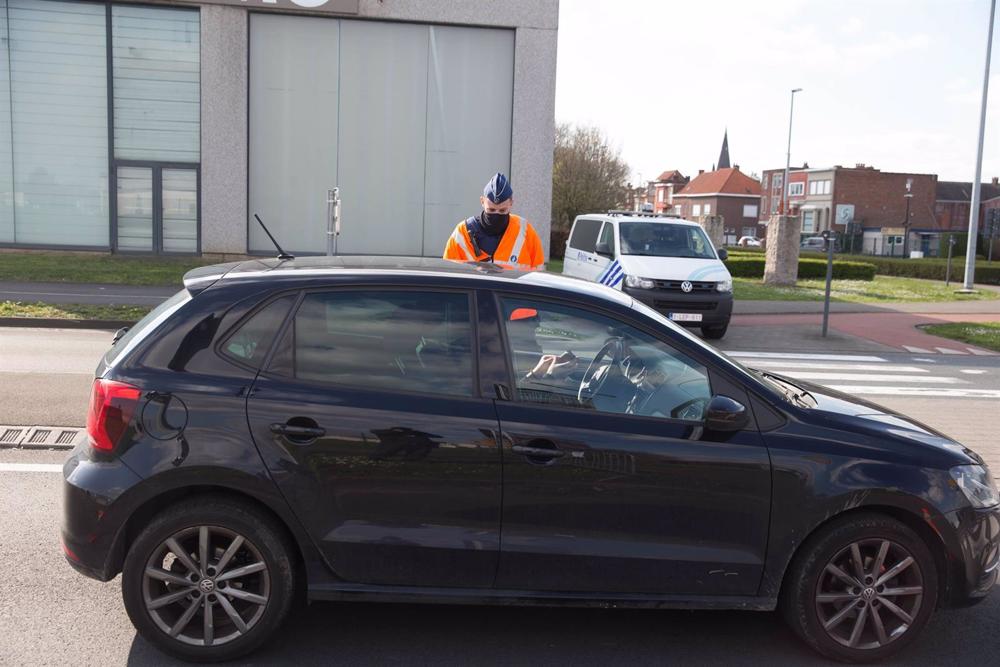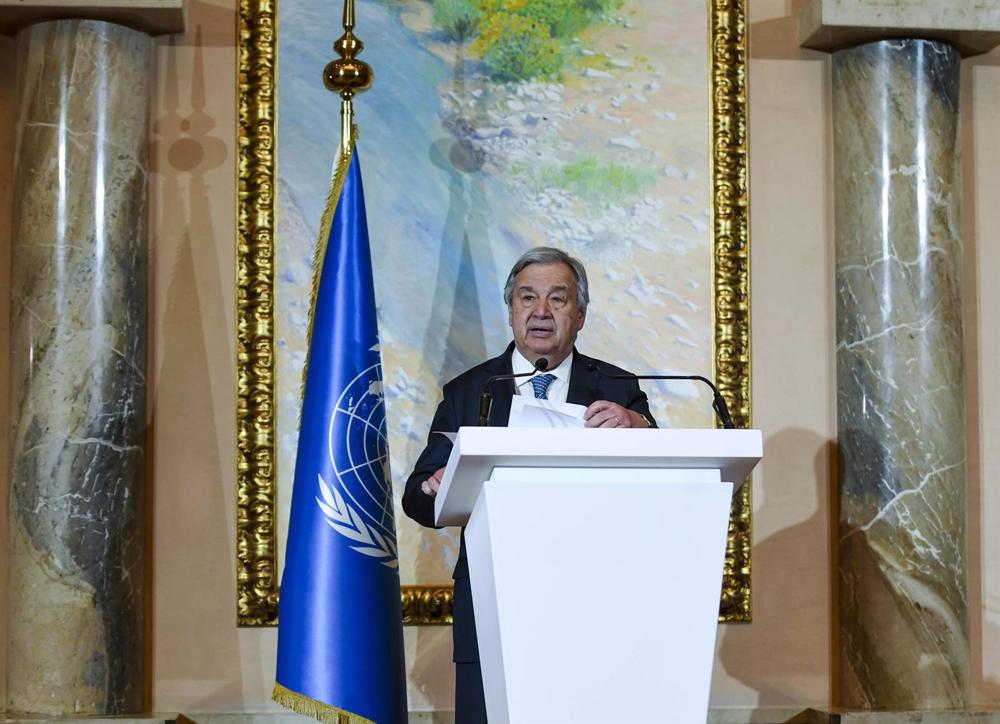
The European Commission on Tuesday put forward a coordinated framework for national border management authorities and European agencies, in particular the border guard Frontex, based on an integrated approach that insists on measures to strengthen external border control and to enhance deportations of migrants who are not granted asylum by EU countries.
Thus, Brussels advocates, for example, the use of state-of-the-art infrastructures, cameras and drones to monitor crossing points, »exhaustive» national maps, an effective implementation of the European Border Surveillance System (Eurosur) and risk analysis.
The EU services consider it »essential» to improve cooperation between authorities at national and European level to »better understand, detect and respond» to irregular routes and other migratory challenges.
The Community Executive also warns of the need for understanding between the flag countries of vessels carrying out rescues on the high seas and coastal countries – which often become the first safe port for disembarking rescued persons – and therefore insists that coordination must be a priority task and also advocates for best practices in the exchange of »timely and complete» information.
Improving relations with third countries that are the origin or transit of irregular routes to reach the European Union must be another of the keys in the new strategic framework for the integrated management of the common border, with the aim of improving its means for border control, risk analysis, return, readmission and the fight against the smuggling of migrants.
Another pillar of Brussels’ ideas is to build a common system for return, so that better coordination between national authorities and European agencies will speed up deportations of people denied international protection in the EU.
Member States can make full use of the support available from Frontex at all stages of the return process, says the EU executive, which seeks to correct the low rate of deportations that take place after expulsions are ordered by Member State authorities.
In this regard, Brussels has also presented Thursday recommendations for EU countries, with particular emphasis on the need to improve mutual recognition of expulsion decisions, an element that already exists but in practice is not met by gaps in communication and warning between authorities.
Following the entry into force in early March of the updated Schengen Information System, member states now have immediate alerts on the expulsion decision of a third-country national issued by another EU partner.
This allows for mutual recognition of decisions within the EU and the swift execution of returns from anywhere in Europe, according to the European Commission, which stresses that Frontex will be available to support governments in returns.
With the publication by Brussels of the strategic framework for a coordinated management for five years, the Frontex agency now has six months to translate these guidelines into an operational and technical plan, while the EU-27 have twelve months to update their national strategies.
Source: (EUROPA PRESS)






